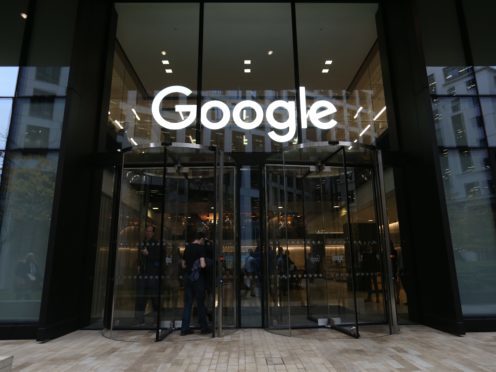Google is shutting its underwhelming Plus social network for regular users, following the disclosure of a flaw discovered in March that exposed personal information of up to 500,000 people.
The announcement came in a Monday blog post, which was Google’s first public description of the privacy bug.
The Wall Street Journal, citing anonymous sources, said Google deliberately avoided disclosing the problem at the time, in part to avoid drawing regulatory scrutiny.
The Google Plus flaw could have allowed 438 external apps to scoop up user names, email addresses, occupations, gender and age without authorisation.
The company says it did not find evidence that any of the affected personal information was misused. It says that is one reason it delayed disclosing the problem.
The timeline laid out by Google indicates the company discovered the privacy lapse around the same time that Facebook was under fire for a leak in its far more popular social network.

Facebook’s breakdown exposed the personal information of as many as 87 million users to Cambridge Analytica, a data-mining firm affiliated with Donald Trump’s 2016 election campaign.
Congress summoned Facebook CEO Mark Zuckerberg to be grilled about his company’s privacy issues in April.
Google chief executive Sundar Pichai recently declined to an invitation to travel to Washington to testify before the Senate about foreign governments’ manipulation of online services to sway US elections.
His absence incensed some legislators, who left an empty chair for Google alongside the Twitter and Facebook executives who appeared before the Senate committee in September.
“With this breach announcement, the empty seat bearing Google’s name just became a lot hotter,” said Mike Chapple, an associate professor of information technology, analytics and operations at the University of Notre Dame.

Mr Pichai went to Washington to mend political fences in late September and agreed to participate in a White House roundtable on technology that President Trump intends to attend. He also will appear in House hearings after the midterm elections in November.
Google has a strong incentive to position itself as a trustworthy guardian of personal information because, like Facebook, its financial success hinges on its success to learn about the interests, habits and location of its users to sell targeted ads.
The desire to peer into people’s lives is one of the reasons Google launched Plus in 2011. It was supposed to be a challenger to Facebook’s social network, which now has more than 2 billion users, but Plus flopped and quickly turned into a digital ghost town, prompting Google to start de-emphasising it several years ago.
But the company kept it open long enough to cause an embarrassing privacy gaffe that could give Congress an excuse to enact tighter controls on data collection.
